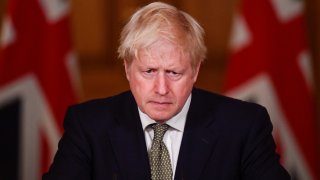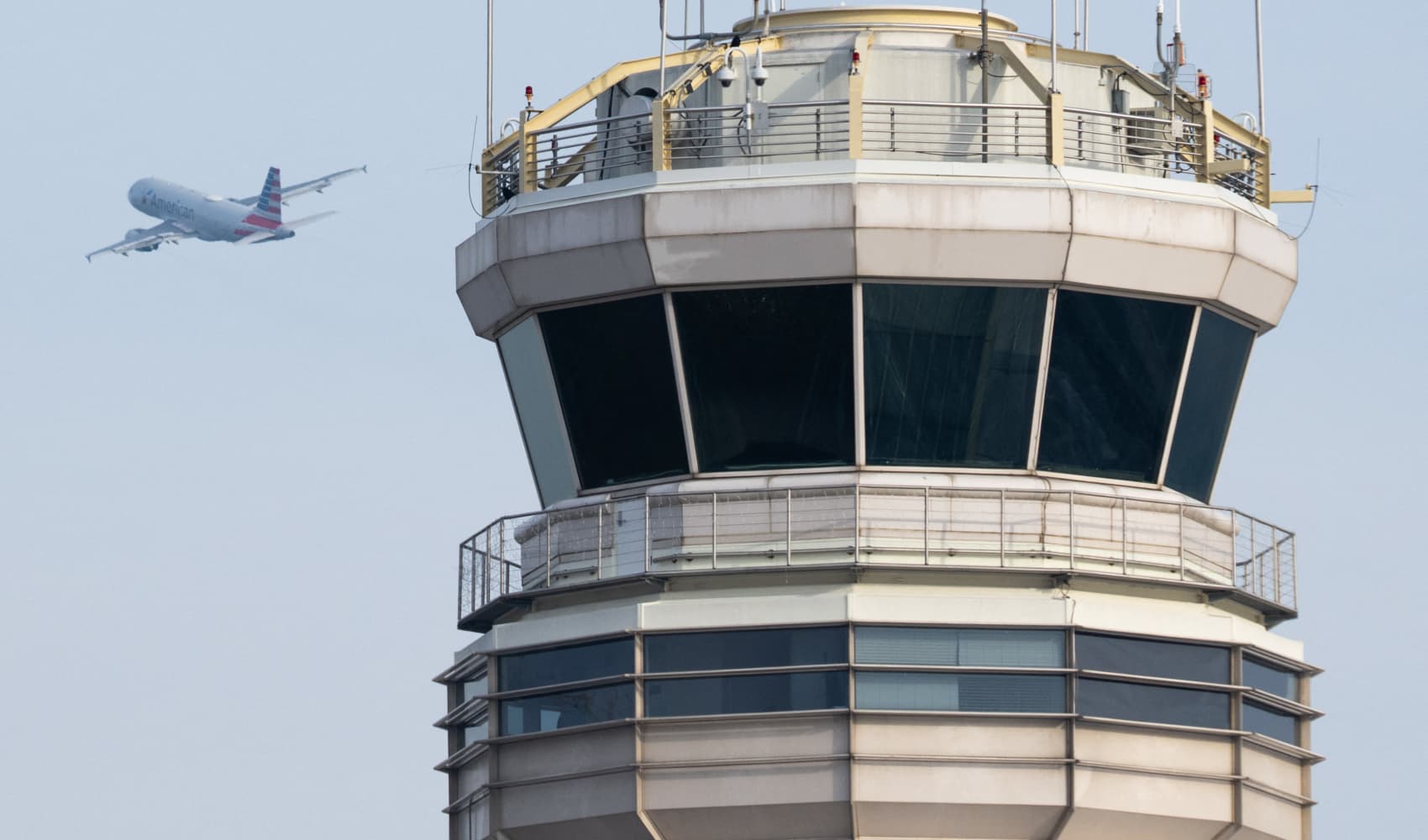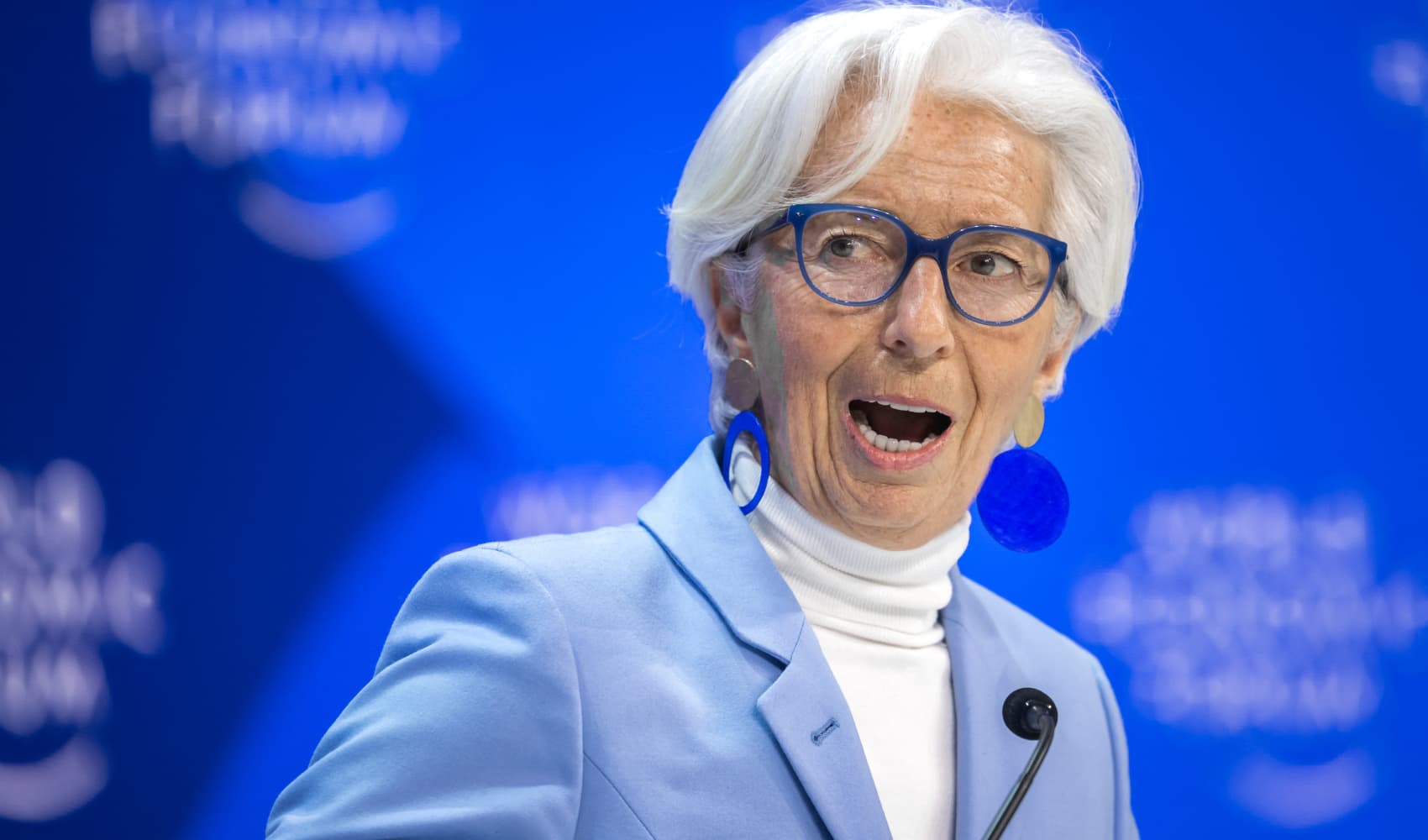
- Johnson, who was severely-ill with Covid-19 back in April, announced on Sunday that he was self-isolating at his official residency.
- The timing of the self-isolation is difficult, however, as he is due to reveal a host of new policies this week.
- Johnson is also under pressure over Brexit as talks with the European Union drag on.
LONDON — U.K. Prime Minister Boris Johnson is self-isolating after coming into contact with someone who tested positive for the coronavirus, but it comes at a tricky time for his leadership, amid a reboot of government policies and as Brexit talks drag on.
Johnson, who was severely-ill with Covid-19 back in April, announced on Sunday that he was self-isolating at his official residency. The U.K. asks people who have been in contact with a positive case of coronavirus to self-isolate for 14 days.
"I'm in good health and have no symptoms, and will continue to lead on our response to the virus," Johnson said on Twitter on Monday.
The timing of the self-isolation is difficult, however, as he is due to reveal a host of new policies this week. The reboot, which is expected a include more environmentally-friendly policies, comes after the departure of key political advisor Dominic Cummings, who had a leading role in Johnson's successful Brexit campaign. Communications director Lee Cain also left the team last week.
The prime minister was due to attend a key parliamentary session on Wednesday, but this may now happen via a virtual call.
"I'll have plenty more to say in the course of the next few days … by Zoom and other means of electronic communication," the prime minister added.
Money Report
Brexit pressure
Johnson is also under pressure over Brexit as talks with the European Union drag on.
"Cummings' departure will facilitate an agreement (with the EU)," Mujtaba Rahman, managing director of the consultancy firm Eurasia Group, told CNBC's Street Signs on Monday. "He was a key proponent of a hard line against the EU. (He) has been pushing for maximum flexibility on the question of state aid and the government not signing up to level-playing field commitments with the EU."
U.K. and EU negotiators are gathered in Brussels for more talks on their future relationship this week. The U.K. voted to leave the EU in 2016 and exited the bloc in January. However, it is currently in a transition phase until December while looking to establish new trade rules with the 27 EU countries.
Their negotiations have been stuck for months on key differences over fishing rights, competition rules and governance over their future deal. Failure to bridge these differences by the end of the year will mean no trade agreement, and higher costs for exporters on both sides.
"Both are going to have to give a little," Rahman said. "I don't think there will be a deal this week," he added, but said a deal was possible later this month. Valentin Marinov, head of G10 forex research at Crédit Agricole, also told CNBC on Monday that he expects a deal before the end of the year.
The U.K.'s chief Brexit negotiator David Frost said on Sunday that there had been "some progress in a positive direction in recent days," adding that talks might still collapse and therefore businesses should prepare for potential disruption in January.
The British pound was hovering around $1.317 on Monday morning. The currency is currently trading around the level it was at the start of the year, after a massive plunge in March in the wake of the first coronavirus wave in Europe.






